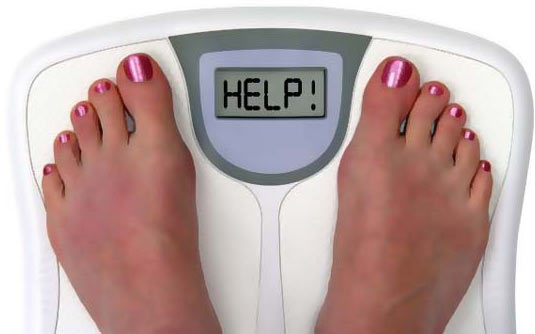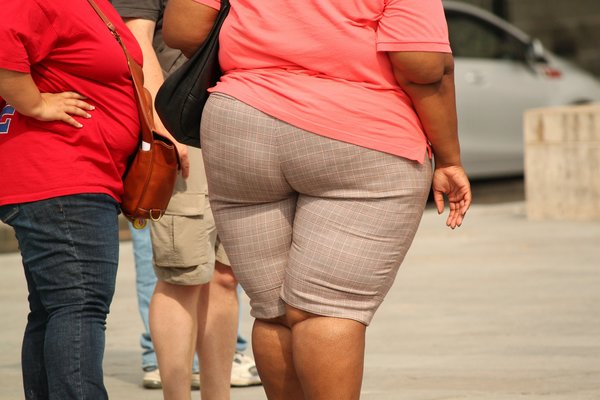Many people get frustrated with their weight loss plans. Weeks into exercising regularly and eating healthy, some areas still look unaffected. You know those areas the tummy, the muffin tops, the love handles, the saddle bags. This lack of fat loss has led to the question, ‘Why is necessary fat so hard to lose?’ To help answer that question, here are some of the reasons why people struggle to lose some body fat.
Calories and Hormones
Body shapes and systems are determined by age and genetic disposition, and not everyone responds to the same regime. Weight and body fat are linked to both calories and hormones. This combination is why most people cannot just diet and get slim. Hormones control metabolism, so when food intake goes down, those pesky hormones adjust. This change, of course, is nature’s way to guarantee the survival of the species. Most animals in nature do not overeat. They may eat more in one season to store fat for a season when there is less food, but they do not continually overeat – only humans do that. So when taking in fewer calories, the body automatically thinks “famine” and adjusts accordingly making it harder to lose any fat. This slowing of the metabolism is why most dieters plateau or even start gaining weight on the same low-calorie intake.
First On, Last Off
The body stores fat first in areas where it can easily access the fat for energy when needed. Fat around the stomach, hips, and thighs are where the body can grab energy readily. This ability to get energy quickly is essential for the body, and so fat is stored here first. As more weight is gained fat is then stored in other parts of the body – the calves, the arms, the face, etc. – these are places harder to access for the body and less essential for quick energy. So when the body drops weight, it loses the weight first from the less important and harder to access areas. Once again, necessary for survival, but annoying when losing weight is the goal. Most people are not happy when they have been very vigilant in their dieting and only see their arms getting thinner.
Goal Setting
It is just human nature to set a goal and work towards it. Weight loss is a big one for this. The goal is usually a certain number on the scale, clothing size or set of body measurements. A strict program of exercising and eating is set up to achieve this aim. The plan is working fine, but the goal nears and the progress slows. At this point most people get frustrated, but the explanation is simple: the less fat on the body, the more the body wants to hang on to it. Once again this is the human body reacting to what it thinks is dire times ahead. As the goal is approached, increasing calories and decreasing exercise can do the trick. (Yes, this does seem counterintuitive.) Now this does not mean empty calories from sodas, chips and sweets it means nutrient-rich foods like lean meats, fruits, and vegetables. Reducing exercise allows the hormones to readjust the metabolism. The body now thinks the “famine” is over, and it will once again allow fat to be released.












